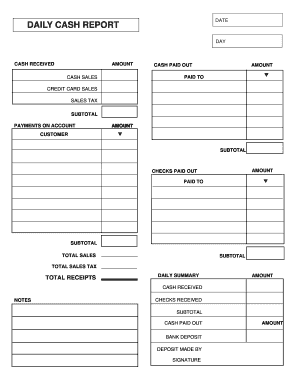You bought your residence a short while ago and now have already been enjoying residing it for a time today. After and also make repayments on your own home’s FHA financing for a while, you’re starting to ponder, Should i re-finance out of an enthusiastic FHA to help you a traditional loan and obtain a good interest, straight down monthly installments otherwise a combination of the 2? Inside 2020, repeat refinances accounted for ten.1% of all the refinances. In certain ones times, people who got very first applied for an enthusiastic FHA mortgage decided to switch to a conventional financing.
When you’re FHA fund has the gurus, they may be able end up charging a homeowner also the much time work at. Find out more about the difference between an FHA financing and you can a beneficial old-fashioned home loan, and find out if it’s time to re-finance an FHA financing to a normal one.
Desk off Content material

- Difference between FHA and you will Conventional Money
- What exactly is an FHA Mortgage?
- How do FHA Financing Really works?
- What’s a conventional Loan?
- Understand what Distinguishes an enthusiastic FHA and you may a traditional Loan
- Positives and negatives of Refinancing
- After you Should not Re-finance Their FHA Financing
- Procedure of Refining an enthusiastic FHA Financing so you can a traditional Loan
- Re-finance around Today
What is the Difference in an enthusiastic FHA Loan and you may a normal Loan?
For some consumers, delivering an FHA loan is sensible. This type of finance are designed to assist somebody pick house by removing a few of the typical barriers so you’re able to homeownership, like the need to have a critical downpayment and you can an excellent credit history.
There is a familiar assumption you to definitely FHA funds are merely getting earliest-date buyers and therefore antique fund are for people who have sense to invest in a house. The truth is both first-some time repeat customers can acquire often an enthusiastic FHA loan or a conventional mortgage. Discover more about the differences among them sort of mortgage loans.
What is actually an FHA financing?

An FHA loan is actually a home loan that’s secured otherwise insured because of the Government Casing Government (FHA). The applying began from the mid-1930s, and since up coming, this new FHA possess covered over forty million mortgage loans.
A typical misconception on the FHA mortgage loans is that they come from the us government itself. Because FHA will act as new guarantor on money, individual banks and you can loan providers thing new mortgage loans on their own. For as long as government entities approves the financial institution you’re interested in, you can purchase a keen FHA loan.
Customers whom submit an application for an enthusiastic FHA financing possess the choice of placing down only step three.5% when they pick their residence. They may even be allowed to have a lower credit rating versus somebody making an application for old-fashioned funds. FHA funds provide the accessibility to going for a predetermined-rate home loan otherwise a varying-rate mortgage. Borrowers may select numerous financing conditions, such as 15 or thirty years.
Just how can FHA Finance Performs?
While the government cannot make FHA funds, it will insure all of them. This means if the a borrower possess problems to make mortgage payments and you may drops about, the lender can file a declare into the FHA. Pursuing the bank forecloses into customer’s household, the latest FHA will pay the lender new loan’s harmony. Due to the fact loan providers know he’s gonna get paid no matter what, they are a whole lot more happy to give currency to people who would otherwise be considered as well risky to own a mortgage.
http://elitecashadvance.com/installment-loans-nj/kingston/
This new FHA’s guarantee do been at a high price, even if, and it is usually the debtor just who pays the cost. FHA money routinely have a few types of home loan insurance rates. The very first is an upfront financial insurance premium payment typically up to step 1.75% of your loan’s principal number. You only pay this number at the closing.
